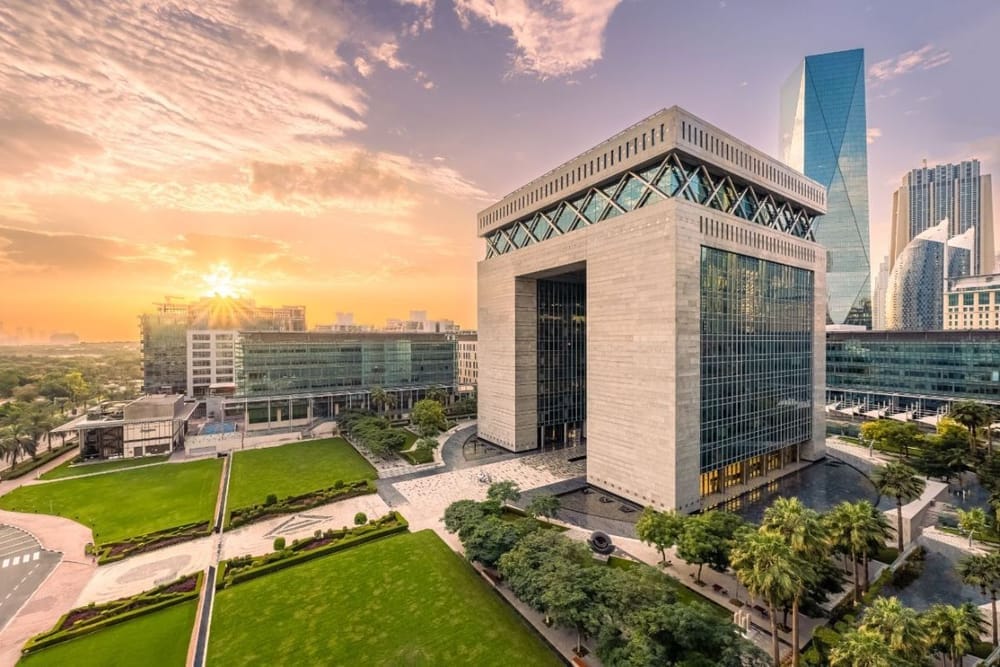Dubai International Financial Centre (DIFC) has introduced significant amendments to the DIFC Law on the Application of Civil and Commercial Laws, providing enhanced legal clarity for the region’s financial hub.
The amendments, aimed at ensuring statutory certainty on the source and interpretation of DIFC Law, reinforce DIFC's position as a leading international common law jurisdiction in the Middle East, Africa, and South Asia (MEASA) region.
Jacques Visser, Chief Legal Officer at DIFC Authority, highlighted the importance of these amendments, noting they confirm that DIFC laws are supplemented by English Common Law and other common law jurisdictions.
“These changes provide statutory confirmation on how DIFC legislation is to be interpreted, ensuring clarity for practitioners and the Courts,”
he said.
One key change is the introduction of Article 8A, which establishes that DIFC Law is primarily determined by reference to DIFC statutes and court judgments. However, the law is also supplemented by common law principles, including equity, drawn from jurisdictions such as England and Wales. The amendments clarify that DIFC Courts can consider comparative jurisprudence when developing common law rules, without extending to broader legislative powers.
Additionally, a new Article 8B confirms that the interpretation of DIFC statutes may be guided by principles from analogous laws in other common law jurisdictions or international jurisprudence, particularly when based on model international laws.
In line with these legal updates, DIFC has also amended its Real Property Law and Regulations. A new mortgage registration fee of 0.25% has been introduced, and the registration period for Off Plan Sales has been extended from 30 to 60 days, aligning with best practices in the region. These amendments aim to further solidify DIFC’s status as a world-class financial centre.
News Source: Dubai Media Office









